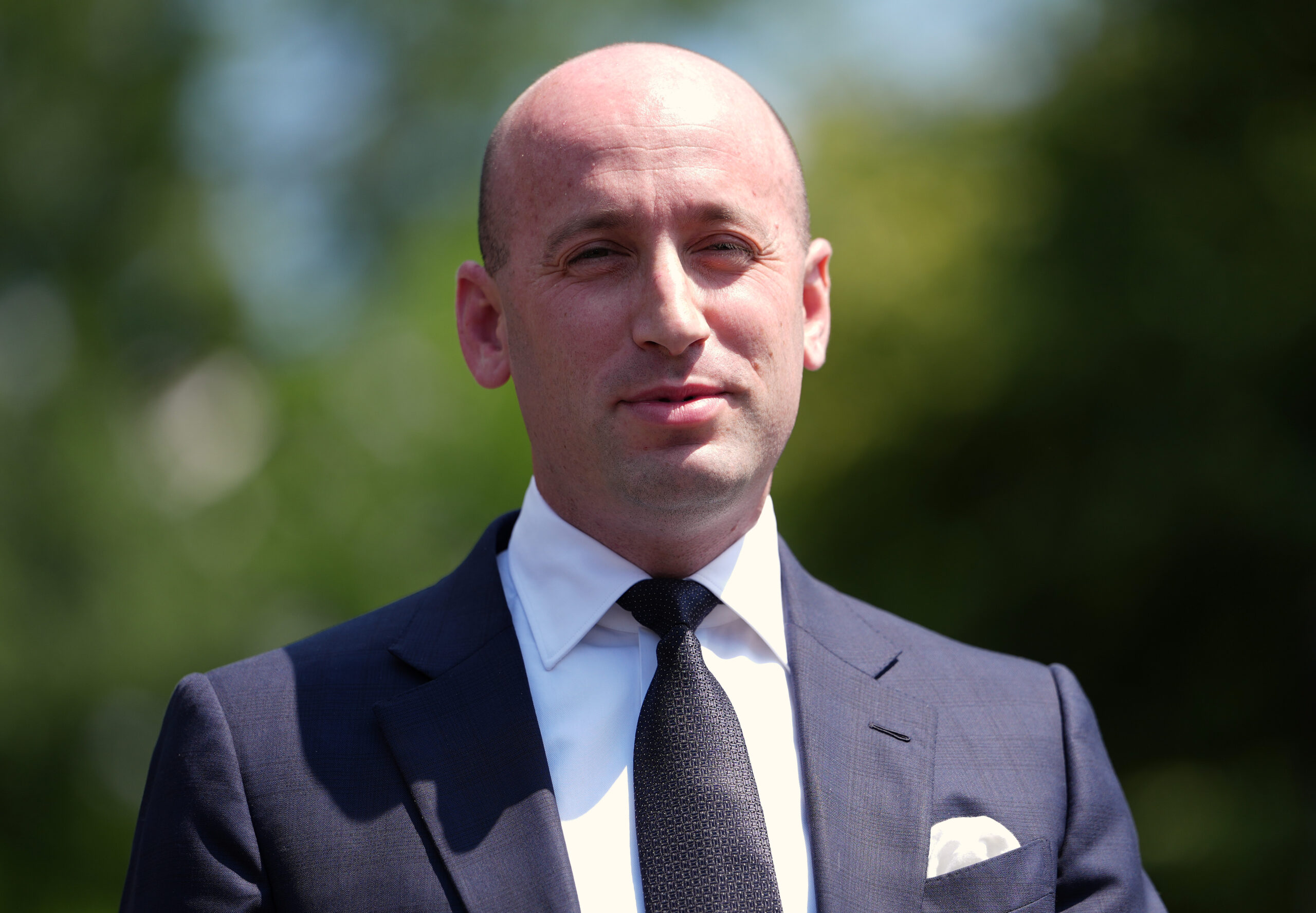Press Release
Bipartisan case for a Constitutional amendment on campaign finance
Related Issues
This piece originally appeared in The Hill
Following recent U.S. Supreme Court decisions dismantling our nation’s campaign finance laws, all Americans are certainly not equal on Election Day. With 5-4 split decisions, the court has given corporations the ability to spend unlimited money to persuade voters, and also declared limits on large donations to be the equivalent of infringement on speech. The result is an electoral system in which a billionaire can influence elections across the country, while regular voters have just one shot — by casting a single ballot.
This is surely not the equality as envisioned by our founders, who would be appalled by corporate spending in elections and unlimited personal donations by billionaires. The solution is to clarify the Constitution so that the people may decide how, when and why to regulate campaign finance. This week, the Senate will vote to begin debate on a constitutional amendment which now has the support of nearly half the Senate, 16 states and over 550 municipalities, including large cities like New York, Los Angeles, Chicago and Philadelphia — all of whom are sick of out-of-control spending in elections and disturbed at the direction the court has taken.
The original and honest intent of our campaign finance laws is to rein in the culture of money in politics and ensure that a few donors can’t buy an election by spending to benefit one candidate over another. They are rooted in the public’s disgust with political corruption. Yet the court’s rulings indicate we are headed back to that pre-Watergate era of corruption. We were troubled that Chief Justice Roberts wrote in the McCutcheon decision that quid pro quo corruption – bribery – is the only sufficient justification for Congress to pass regulations. As a result, we are likely to see new challenges against laws that limit the amount an individual may contribute to a candidate, or laws prohibiting contributions to candidates from corporations. The largest corporations are multi-national organizations worth hundreds of billions of dollars and the Supreme Court is leaving us with no way to set reasonable standards.
McCutcheon is the most recent case, but there is a history of the court narrowly overturning reasonable campaign finance laws. In 2010, Citizens United v. FEC gave free speech rights to corporations and special interests. But this problem goes all the way back to 1976, when the court held in Buckley v. Valeo that restricting independent campaign expenditures violates the First Amendment right to free speech. In effect, the court said money and speech are the same thing.
This is tortured logic that leads to an unacceptable result – that a citizen’s access to a constitutional right is dependent on his or her net worth. A result that says the wealthy get to shout, but the rest of you may only whisper.
The constitutional amendment would make it clear that campaign finance regulations are up to voters who elect Congress and state legislatures. It would not dictate any specific policies or regulations, but instead would protect sensible and workable campaign finance laws from constitutional challenges.
Critics have claimed that the amendment would repeal the First Amendment’s free speech protections. But it does the exact opposite – the proposal is an effort to restore the First Amendment so that it applies equally to all Americans. When a few billionaires can drown out the voices of millions of Americans, we can’t have any real political debate.
The amendment would not simply benefit one party or incumbent. It is similar to bipartisan proposals introduced in nearly every Congress since 1983, when Republican Sen. Ted Stevens (Alaska) was the lead sponsor. Over the years, it has been supported by many Republicans, including Sens. John McCain (Ariz.), Thad Cochran (Miss.), Arlen Specter (Pa.), and Nancy Kassebaum (Kan.), as well as many Democrats.
In April, retired Supreme Court Justice John Paul Stevens said in his testimony before the Senate Rules Committee that campaign finance regulations “should create a level playing field … to give rival candidates – irrespective of their political party and incumbency status – an equal opportunity to persuade citizens to vote for them.” Most Americans would agree with Justice Stevens. However, until the Constitution is amended, such laws would be struck down by the current court.
The national debate should not be dictated by a handful of wealthy individuals and corporations. After the McCutcheon decision wealthy donors can, and many will, contribute up to $3.6 million in an election cycle. For an average person making minimum wage, it would take 239 years to make that much money. The playing field in our democracy is far from level, and that is driving cynicism, disgust and mistrust of the political process to dangerous levels.
Over the course of our Senate careers, spending on campaigns has gotten out of control. According to a joint study by Brookings and the American Enterprise Institute, outside groups spent $457 million to influence Senate and House races in 2012. In the 1978 election, when Senator Simpson was first elected, outside groups spent only $303,000. There is a deeply troubling trend here, and we cannot let it continue.
Amending the Constitution is difficult – as it should be – but it is long past time to have an honest and thoughtful national dialogue about our broken electoral process and how we voters can fix it.
